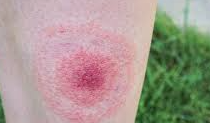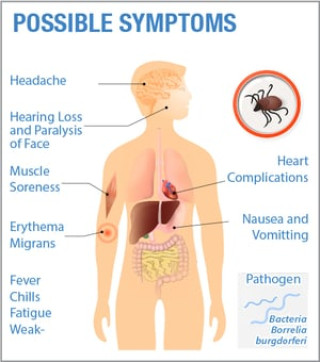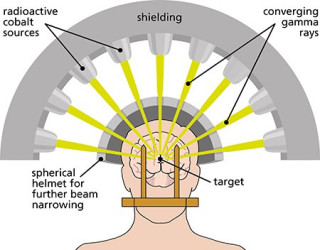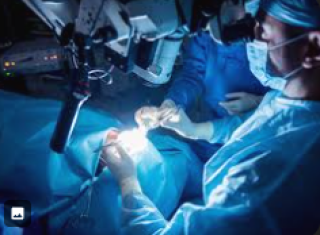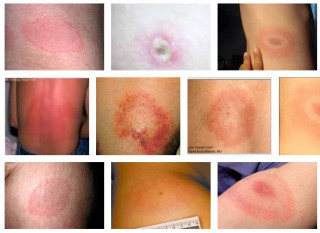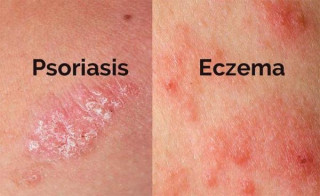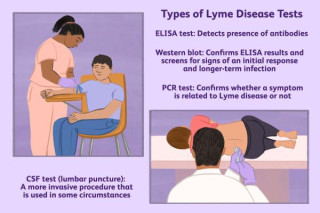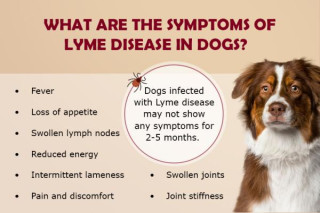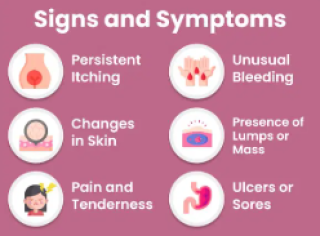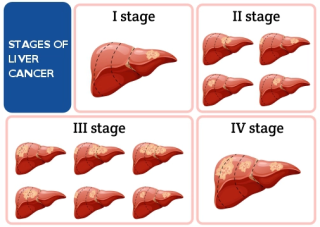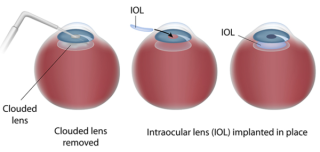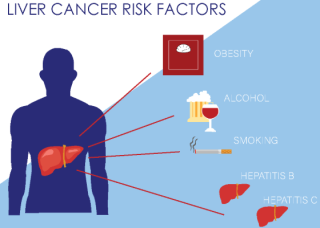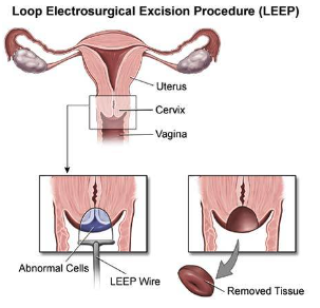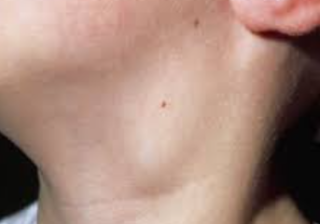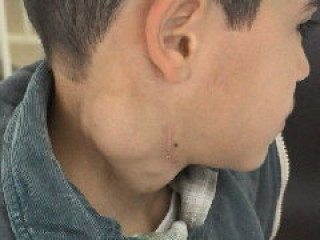Will my doctor treat me for Lyme disease?updated at Sep 06, 2025 1,324 1,324 Doctors typically treat Lyme disease when a patient presents with symptoms consistent with the disease, |
How does Lyme Disease start?updated at Nov 08, 2025 1,418 1,418 Lyme disease is an infectious disease caused by a spiral-shaped bacterium of the *Borrelia* genus, |
Treatment for Lyme diseasecreated at May 06, 2009 1,331 1,331 Lyme disease is treated with antibiotics, |
Recognizing Lyme Disease Symptoms in Humans: A Comprehensive Guidecreated at May 06, 2009 1,557 1,557 Lyme disease, |
Can endometrial cancer be found early?created at May 05, 2009 1,266 1,266 Early detection of endometrial cancer is possible, |
How do you diagnose endocrine cancer?created at May 04, 2009 1,251 1,251 Diagnosing endocrine cancer typically involves a combination of physical examination, |
Clinical trials for Brain Cancercreated at May 04, 2009 1,256 1,256 Clinical trials for brain cancer are research studies that test new treatments, |
Stereotactic radiosurgery for Brain Cancercreated at May 04, 2009 1,266 1,266 Stereotactic radiosurgery (SRS) is a non-invasive type of radiation therapy that delivers highly focused beams of radiation to a precise point in the brain to target brain tumors, |
Understanding Surgery for Brain Tumors: A Comprehensive Guidecreated at May 04, 2009 1,381 1,381 Brain tumor surgery aims to remove as much of the tumor as safely possible while minimizing damage to healthy brain tissue.The approach varies depending on the tumor's location, |
How does Lyme disease infection occur?updated at Oct 30, 2025 1,369 1,369 Lyme disease infection occurs through the bite of an infected blacklegged tick (also known as a deer tick).These ticks acquire the bacteria, |
Decoding Lyme Disease Diagnosis: Unraveling the Mysteryupdated at Nov 08, 2025 1,547 1,547 The Diagnostic Dilemma of Lyme DiseaseDiagnosing Lyme disease is notoriously complex and frustrating, |
Psoriasis or Eczema - Deciphering Your Baby's Skin Woescreated at May 13, 2009 1,366 1,366 Distinguishing between psoriasis and eczema in babies can be challenging, |
Understanding Growth Hormone Dosing - What You Need to Knowcreated at May 14, 2009 1,330 1,330 Growth hormone (GH) dosing is highly individualized and depends on factors like age, |
A test for Lyme Diseaseupdated at Nov 08, 2025 1,397 1,397 Two-Tiered Serological TestingThe most common approach to testing for Lyme disease involves a two-tiered serological process using blood tests.This method looks for antibodies your body produces in response to Borrelia burgdorferi, |
Lyme disease in Domestic Animalsupdated at Nov 08, 2025 1,358 1,358 Lyme Disease in Domestic AnimalsLyme disease, |
Understanding Vulvar Cancer Diagnosis: What to Expectcreated at May 05, 2009 1,327 1,327 Vulvar cancer is diagnosed through a combination of methods, |
How is bone cancer diagnosed?created at May 03, 2009 1,405 1,405 Bone cancer diagnosis begins with a thorough medical history and physical examination, |
Decoding the Diagnosis: How Doctors Detect Pancreatic Cancercreated at May 04, 2009 1,506 1,506 Detecting pancreatic cancer is challenging because it often presents with vague symptoms or none at all in its early stages.Diagnosis typically involves a combination of imaging tests, |
Demystifying Liver Cancer: Understanding the Basicscreated at May 04, 2009 1,322 1,322 Liver cancer, |
Who is a Candidate for Cataract Surgery?created at Nov 18, 2009 1,459 1,459 Cataract surgery is considered for individuals whose vision is significantly impaired by cataracts, |
Understanding Liver Infections During Pregnancy - Risks and Precautionscreated at Sep 25, 2009 1,691 1,691 Pregnancy is a period of significant physical and emotional changes, |
Understanding the Link: Cirrhosis and Liver Cancer Riskupdated at Nov 29, 2024 1,592 1,592 Cirrhosis, |
Understanding the Diagnostic Process for Liver Cancercreated at May 04, 2009 1,383 1,383 If you’re concerned about liver cancer, |
Unraveling Borreliosis: Understanding the Disease Caused by Borrelia Bacteriaupdated at Nov 08, 2025 1,388 1,388 Borrelia BacteriaBorreliosis, |
Exploring the Connection Between Sinus Problems and Immune Deficiencycreated at May 11, 2009 1,318 1,318 While sinus infections are commonly attributed to viral or bacterial causes, |
Precision in Practice: Understanding LEEP for Cervical Cancer Diagnosiscreated at May 04, 2009 1,327 1,327 Loop Electrosurgical Excision Procedure (LEEP) is a precise and effective method employed in the biopsy process for diagnosing cervical cancer. This procedure involves the skillful use of an electric wire loop to delicately slice off a thin, |
How do I read my Pap smear results so that I can understand them?created at May 04, 2009 1,476 1,476 Results Description Follow-up Within Normal Limits No abnormal cells detected. Return for pelvic exam and Pap test in one year. Atypia Cells of Uncertain Significance ASCUS Some cells show a few chan... |
Deciphering the Diagnosis of PCOS: Unveiling the Processcreated at Oct 08, 2009 1,437 1,437 Polycystic Ovary Syndrome (PCOS) can be a perplexing condition to diagnose, |
What should I ask my doctor about treatment if I am diagnosed with Hodgkin's disease?updated at Nov 07, 2025 1,409 1,409 Being diagnosed with Hodgkin's lymphoma can be overwhelming.Understanding your treatment options and their potential impact on your life is crucial.This article outlines key questions to discuss with your doctor, |
How is Hodgkin's disease diagnosed?created at May 22, 2009 1,538 1,538 If Hodgkin's disease is suspected, |
How is cancer of the cervix treated?updated at Nov 22, 2025 1,697 1,697 Cervical Cancer Treatment OptionsTreatment for cervical cancer is highly individualized, |
How will I be diagnosed for colorectal cancer?created at May 04, 2009 1,491 1,491 To find the cause of symptoms, |
